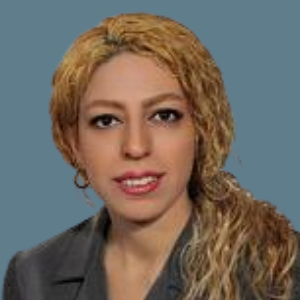Title : Destroying weed seeds with exhaust gas from a combine harvester
Abstract:
Weeds are significant constraints getting high yields of crop plants on arable land. We investigated if exhaust gas from a combine harvester could be used to kill or harm weed seeds. Centaurea cyanus L. was chosen as a model plant because it has a high germination percentage and large seeds which a not very sensitive to heat. Combine harvesters cut and thresh both crops and weeds. Chaff containing harvested weed seeds is separated from the crop grains and straw during the threshing and cleaning process in the combine harvester. Afterwards, weed seeds and chaff can be exposed to hot exhaust gas before they are returned to the field to avoid that harvested viable weed seeds are added to the soil seed bank and become a problem in future growing seasons.
In 2017, chaff samples containing 100 weed seeds of C. cyanus were treated with exhaust gas with a temperature of around 100 and 150°C for 1, 2, 5, and 10 seconds. Each treatment was replicated four times. Afterwards chaff samples were spread evenly on the soil surfaces in 52 × 26 cm trays and covered by a thin layer of soil/sand. Untreated chaff samples containing weed seeds were used as controls. The boxes were placed in a greenhouse and watered from the bottom. C. cyanus treated with exhaust gas at 100°C for 1, 2, 5 and 10 seconds reduced the germination percentage by 15.9, 31.5, 46.6, and 53.3 %, respectively, and seeds treated with exhaust gas at 150°C for 1, 2, 5, and 10 seconds reduced the germination percentage by 4.34, 25.7, 73.9, and 98.8 %, respectively. Consequently, we find that using exhaust gas from a combine harvester could be a valuable new tool in an integrated weed control strategy to reduce weed infestation on arable land.
Take Away Notes:
• The audience will get knowledge about a new approach to reduce weed infestation on arable land.
• This research should stimulate other researchers and companies to develop the method further and think of new ways to make integrated weed management and minimize herbicide use.
• This work shows a new practical solution which can contribute to solving a big problem in agriculture.

